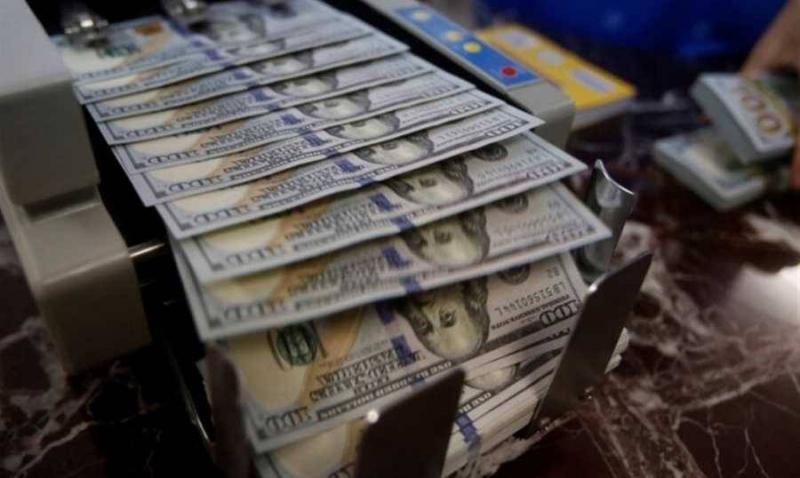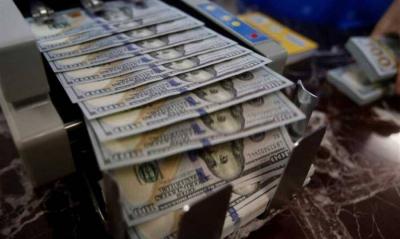The Index Committee has been meeting for months to decide on an "insignificant" increase in the salaries of workers covered by Lebanon's labor law. By the time the increase is implemented, inflation will have consumed it. This scene is not hypothetical but very real. The Index Committee met several times and reached an agreement last June to increase salaries for private sector workers by 600,000 Lebanese Lira, which at that time was equivalent to about 21 dollars; today, the increase does not exceed 14 dollars.
The Index Committee, composed of representatives from all economic bodies including traders, industrialists, contractors, and brokers, alongside representatives from the General Labor Union, educational associations, the Lebanese University, and social security, convened under the umbrella of the Ministry of Labor. They relied on inflation figures issued by the Central Administration of Statistics after considering other economic conditions, according to Labor Minister Mustafa Bayram, who has repeatedly mentioned the positive atmosphere prevailing in the discussions and that everyone was open to making the step successful to align with what the state decided for the public sector... "Away from populism and to prevent injustice to anyone!"
It is difficult to interpret the concepts of positive atmosphere, injustice, and balance between the public and private sectors that the participants referred to, but ultimately, everyone agreed on no increase. The 600,000 Lira cannot be regarded as an increase in salaries, unless the participants are unaware of the cost of the meals they sit down to daily in their homes.
Regarding the salary increase, before evaluating the living cost increase of 600,000 Lira, it is necessary to clarify some points related to its implementation mechanism. The increase, issued by Decree No. 10598 dated October 19, 2022, took effect from the date of its publication in the official gazette on October 20, totaling 600,000 Lira and 28,000 Lira daily.
The 600,000 Lira increase applies to the salary of every worker or employee covered by labor law. This includes all private sector employees and some public sector institutions. It is added to the employee's salary as a fixed amount regardless of the salary size. The 28,000 Lira increase for each working day applies to daily workers, not to employees, and the total increase for daily workers, assuming they worked throughout the month without any holidays, which is nearly impossible, would only amount to 672,000 Lira.
With this increase, the income utilized to calculate contributions to the National Social Security Fund has risen to 2,600,000 Lira. In May, an increase of 1,350,000 Lira was added to the minimum wage, raising it to 2,000,000 Lira, and now with the 600,000 Lira increase, the official minimum monthly wage is 2,600,000 Lira.
It's also worth noting that this salary, including living cost increases, is subject to a monthly income tax of 4%, according to amendments made to the tax brackets in the 2022 budget.
The value of the increase: Economic representatives showed no shame in insisting on estimating the living cost increase at 600,000 Lira, or about 14 dollars today, potentially less tomorrow with the ongoing rise in the dollar’s exchange rate against the Lira. Moreover, neither labor representatives nor the Ministry of Labor were embarrassed to accept such an increase and consider it the best that could be achieved.
If this increase is considered the best possible for institutions struggling to survive since the onset of the crisis, it certainly is not for the larger segment of commercial, industrial, and importing establishments, considering the profits accrued since the beginning of the crisis, especially those that price their products in fresh dollars while paying their employees in Lira.
In summary, the Lebanese state raised the salaries of private sector employees and all individuals covered by labor law by an amount equivalent to "one meal and a plate of fattoush."




